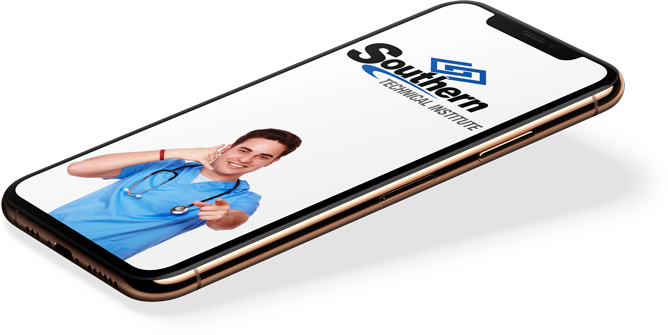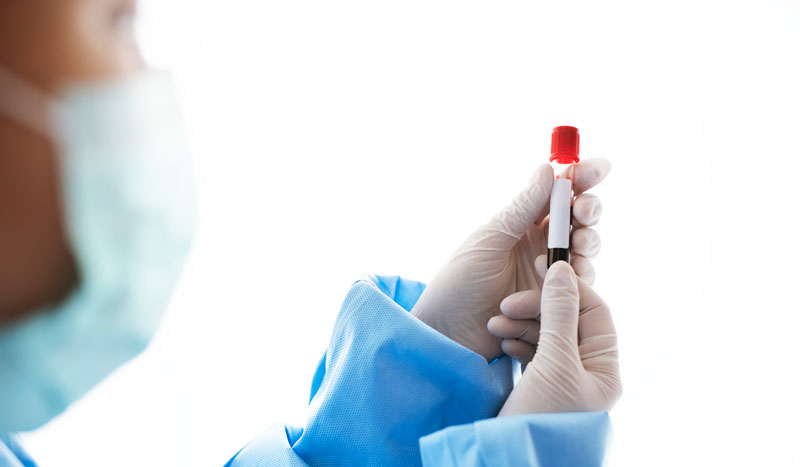Phlebotomist Job Description
What to Expect from Your Career as a Phlebotomy Technician
Would you like to be on the frontlines of patient diagnosis? If so, a career as a phlebotomy technician could be right for you. Phlebotomists are in demand at medical offices, labs, and hospitals, and that demand should only rise in the coming years. Do determine if phlebotomy training right for you, here is what you need to know. Healthcare is a reliable field that is predicted to experience huge growth in the coming years. The potential for employment and growth are great, but how can you be sure working in healthcare is really right for you? Before you sign up for a healthcare training course, like phlebotomy training consider these questions.
What is a Phlebotomist Job Description?
Before deciding to enroll in phlebotomy training, it is helpful to understand exactly what the job entails. Phlebotomists job description focuses responsibility for taking blood from patients and properly labeling samples with the patient information and lab test orders from the doctor. The blood drawn by the phlebotomist can be used to test for a laundry list of medical conditions, from high cholesterol to diabetes. Blood drawn by phlebotomists can also help doctors track a patient’s wellbeing and determine if a particular treatment is working.

Are You a People Person?
Most healthcare careers involve working closely with people. Not only do you have to work collaboratively with other people within a healthcare team, but you also must be prepared to be compassionate with patients who need your help. Even healthcare training courses, like certified nursing assistant trainings, usually involve cooperative learning. If you’re interested in working in healthcare but don’t want to deal with patients, consider working in a laboratory or behind the scenes in a medical office.
What Skills Are Needed?
Phlebotomist job descriptions focus on knowledge of venipuncture techniques and collecting blood samples for testing. Venipuncture is the process used to draw blood from a vein. It involves identifying an appropriate vein and then using a needle to draw blood into the right container. Phlebotomists also need to know important lab codes, storage techniques, and methods for drawing blood from patients with difficult veins, like infants and the elderly. Having compassion for patients, who are often nervous about having their blood drawn, is also critical.
Are You Committed to Continuing Your Education?
In order to stay active and current within the healthcare industry medical professionals are required to continue their educational background in health training such as CPR certification, First Aid, HIV/AIDS certification and other courses. Healthcare workers refer to these courses as CEUs (Continuing Education Units) that are required each year to keep medical certifications active. Are you willing to take those classes in school, and are you comfortable applying that knowledge in the workplace? Taking continuing education courses can be important for ensuring you have the educational background to succeed in healthcare.
Are You Prepared for the Hours?
Not all healthcare work happens during regular business hours. For instance, certified nursing assistants who work in hospital settings may be required to work weekends and overnight shifts, especially early in their careers. Ask yourself if you’re ready to be relaxed about your schedule and put in long and strange hours as you establish yourself in your field. After building up some seniority in your healthcare position, you’ll have more flexibility in setting a schedule you like.
What are the Hours and Pay for a Phlebotomist?
Hours and pay vary greatly for phlebotomists, depending on whether they work in a hospital or in a medical office. According to the U.S. Bureau of Labor Statistics, the median pay for phlebotomists in May 2020 was $36,320. In addition to regular work responsibilities, phlebotomists may also have to attend continuing education courses to keep up with developments in their field.


Contact Us
Pinellas Park Campus:
727-548-7737
Orlando Campus:
407-636-7193
Tavares Campus:
352-508-5560
Request Schedules

Call for Promotional Pricing and Schedule Information
Pinellas Park Campus:
727-548-7737
Orlando Campus:
407-636-7193
Tavares Campus:
352-508-5560


